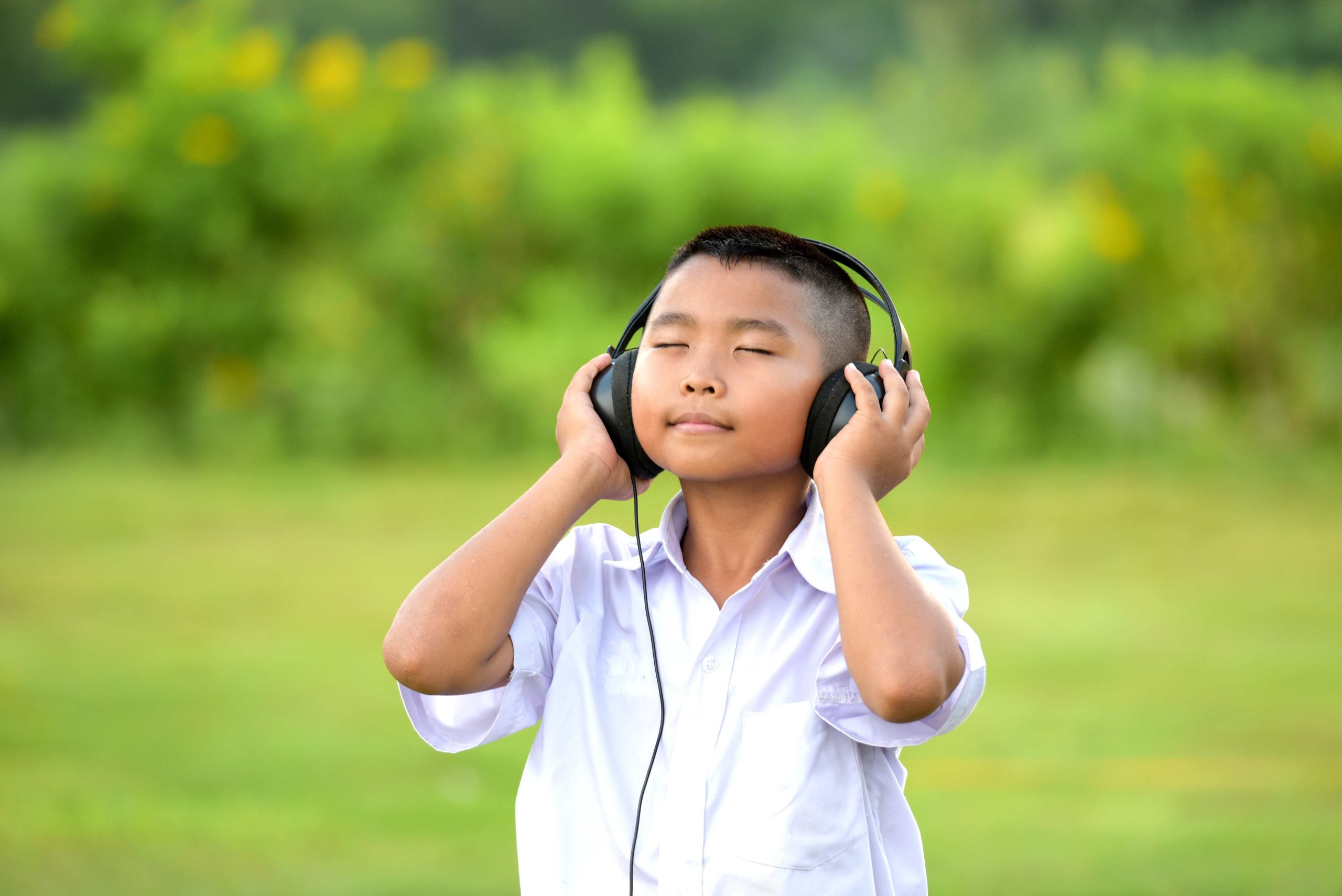Benefits of Preschool Music Practice
Preschool music practice offers numerous benefits for cognitive, social, and emotional development. Singing, playing instruments, and engaging in musical activities can enhance language skills, coordination, and emotional expression.
Quality over Quantity
Emphasize the importance of high-quality, engaging practice sessions over extended durations. Short, focused sessions with clear instructions and positive reinforcement yield better results than long, monotonous sessions.
Individual Differences in Temperament
Recognize that preschoolers have unique temperaments and preferences. Some may thrive in group settings, while others may prefer individualized attention. Adapt music practice strategies accordingly.
Balance with Other Activities
Highlight the significance of balancing music practice with other enriching activities. Encourage diverse experiences like outdoor play, art, and imaginative play to stimulate creativity and curiosity.
Cultural Enrichment and Diversity
Music practice offers opportunities to explore diverse musical traditions and cultures. Integrate music from various cultures into practice sessions to promote cultural awareness and empathy.
Inclusivity and Special Needs
Discuss how music practice can be adapted to accommodate preschoolers with disabilities or special needs. Highlight the benefits of music therapy and sensory stimulation in promoting relaxation and communication.
Emotional Well-being and Screen Time
Address the role of music in promoting emotional well-being and reducing anxiety. Encourage limited screen time and hands-on musical experiences to foster sensory-rich engagement.
Fostering Joy and Exploration
Reiterate that preschool music practice should be a joyful, exploratory experience. Encourage parents and caregivers to foster a positive attitude toward music and engage in interactive, movement-based activities.
Bonding Through Music
Highlight the importance of music practice as a bonding opportunity between parents/caregivers and preschoolers. Sharing music experiences can strengthen emotional connections and create lasting memories.
